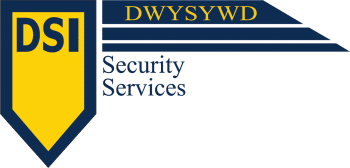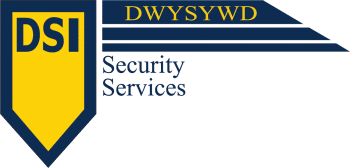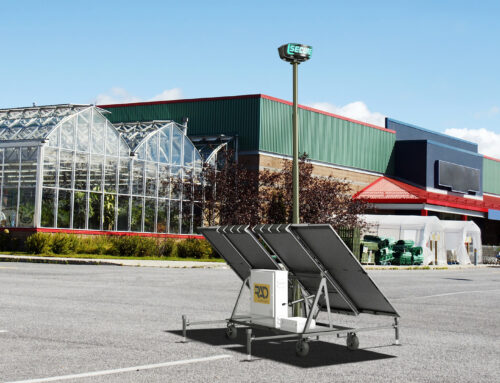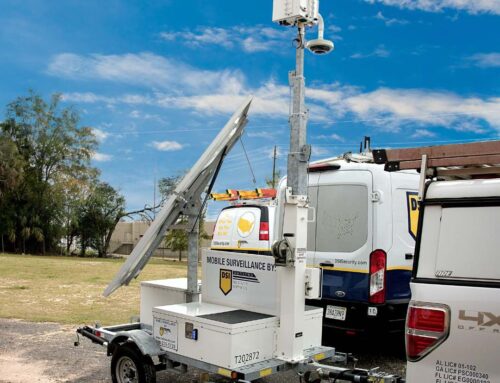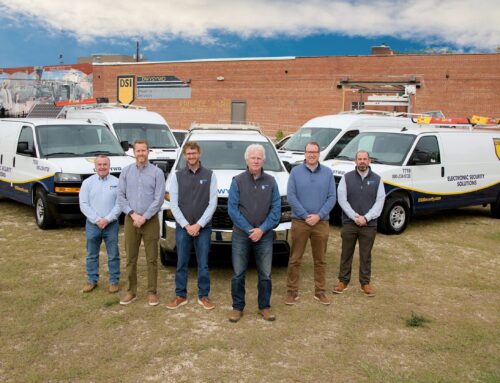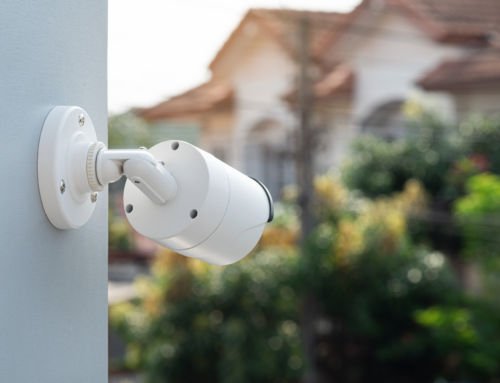By Jamie Ridenhour
We’ve spent a lot of time discussing security best practices that are universally applicable across many industries. There are some industries that require more specialized programs sensitive to the needs of the client and the persons served by the client. Healthcare not only brings a unique set of challenges, but a need for safety that is critically important to patients, caregivers, and the public as a whole.
There are over 6,000 hospitals in the U.S. and they often fall under the category of “soft targets,” or buildings that are easy for a criminal or person with ill intent to access. These facilities often have multiple entrances that are, by necessity, open to the public. High levels of activity increases the difficulty in managing access. At the same time, there is a critical need for the highest level of protection for patients, staff, equipment, and sensitive data. Healthcare workers accounted for 73% of all nonfatal workplace injuries and illnesses due to violence in 2018, and that’s two years before the Covid pandemic further strained resources and tempers.
Specific areas of hospitals pose unique challenges, as well. Inpatient and emergency areas are very accessible and have a constantly changing mix of patients, visitors, and staff, requiring good surveillance and visible deterrents. Emergency departments can be chaotic and have distraught visitors, necessitating both physical protection and a calming presence. Behavioral health areas can carry a higher risk of physicality and require a specific set of de-escalation and communication skills. Pharmacies and equipment storage areas require a high level of physical security and monitoring. Office areas need special access restrictions to protect patient data. Many hazardous areas require a different set of access restrictions. The challenges of protecting the healthcare environment are many.
Complicating things further is the fact that compliance with a wide range of regulations and insurance requirements is a necessity for healthcare providers. Compliance is a major reason that good security is so critical, but the regulations and insurance concerns can also complicate the program design and implementation. Training must be specialized for hospital security to fully understand their roles, duties, and limits.
The role of a hospital security officer is similar to that in many industries, but the challenges mentioned above must be taken into account. Most importantly, the threat of violence is higher than in many other industries. Up to 70% of emergency nurses and 47% of emergency doctors have been assaulted on the job. Officers must be prepared to respond verbally to de-escalate and sometimes physically to defend themselves, patients, or others from harm.
At the same time, hospital security officers must be able to tailor their responses depending on the area of the facility and the situation they find themselves in. In many public areas, including floors where visitors are permitted, an officer may need to take on more of a customer service role, including giving directions and assisting patients. In emergency and behaviorial health departments, de-escalation skills are critically important for defusing violent situations while supporting the mission of patient care. Security personnel in the hospital setting must be educated on the difference between addressing criminal behavior as opposed to behavior resulting from an altered mental state, declining cognition, or medical complications.
Access control and video monitoring are also essential components of physical security for hospitals. There are few facilities that require a more complex schema of access levels and those levels may change often depending on the roles of individual staff members. Granting only the necessary level of access through a zero trust model is important. From the parking garage to the hallways, careful access control and video monitoring not only creates a safer environment, but aids in regulatory compliance and reduction in insurance risk. Adding a video management system that alerts personnel using AI can increase the efficiency of video monitoring.Security force management software, which we discussed in November’s post, can be a valuable piece of technology for meeting reporting and compliance requirements. There are few industries where this is more important than healthcare. Force management software allows front line officers, security management, and hospital management to be constantly informed of the status of security operations. Officers can quickly and easily add text, audio, and video to incident reports or daily logs.
Psychological deterrents are often a major part of a hospital security plan, too. Signage advising visitors that video recording is in progress and monitors displaying the video feed are good examples of psychological deterrents. In addition to an officer being proactive and verbal, just the presence of uniformed security personnel in plain view in public areas is often a sufficient deterrent.
As we mentioned in Options for In-house Security, emergency preparedness and awareness training for all employees can be one of the most cost effective security measures. That concept definitely applies to healthcare facilities. Emergencies or violence can happen anywhere in a hospital and any staff member may be the first on the scene. Encouraging staff members to report any unusual activity and be prepared to react can make everyone safer.
Threat prevention and management training programs can better prepare employees for the unexpected. Programs led by the security team or other security professionals should involve staff from all departments to create a culture where security is everyone’s responsibility and also to ensure that security protocols are balanced with the patient care mission. Establishing a multidisciplinary team to review incidents and safety risks can also raise awareness throughout the organization.
Hospitals are a challenging environment to secure. While many typical security concepts apply, the implementation in the healthcare environment requires special attention. Contract security services that have specialization in the healthcare industry can be an invaluable partner in designing the right security program. A safe and secure environment for both staff and patients must be a priority.
